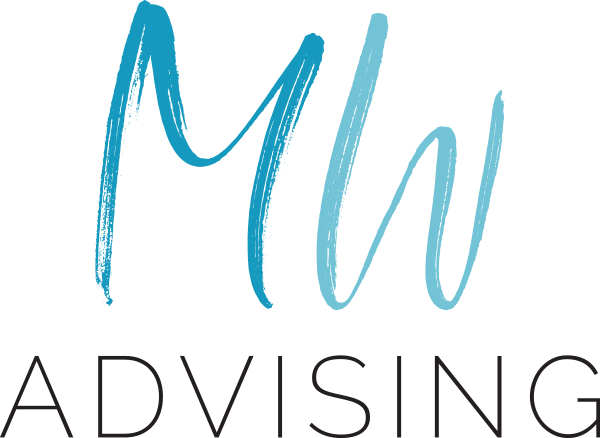I’m in the middle of a “few” projects right now. Few is in quotes because it is really a boat load. LOL! Yesterday, I was pulling together a very “rough” draft of a chapter. Rough is in quotes because it is really rough as in it will be bleeding when I finish the next edit. LOL! My dear friend, mentor, and research partner are writing a book about our research on organizational exit. We have been researching this topic for quite a while, and we are excited to share our thoughts, insight, and practical tools for leaders to maintain high performing talent.
Several of the pages I put together yesterday focused on participants I had spoken to during the pilot study of my dissertation on organizational exit. I was struck by the courage of these women in the situations they found themselves. These women were leaders in their organizations. These women were high performers. These women were pushed out because the organizations allowed unhealthy behavior to take root and bind itself tight to the culture. One of these women experienced health issues because of her treatment and lack of support from her leaders. One was asked if she was from the Midwest because she was “too emotional” when she would mention the poor treatment she was receiving. These women made themselves vulnerable by sharing their experiences and emotions regarding unacceptable treatment. Their work environment became toxic and a place they could no longer be high performing. Each woman made a choice to leave the jobs, the people, and the careers they loved. It was heartbreaking to hear their stories, and yet vitally important to hear them.
The courage of their vulnerability is what struck me. With the level of uncertainty still at very high levels in many organizations, emotions are pretty raw for people, just as the women I interviewed. Organizations are toxic because they are not handling the disruption of this pandemic well. Leaders are struggling because they are dealing with higher levels of turnover and team players who want different work experiences. The disruptive change of the last year has rocked our world, and I’ll say it again, it is also showing us so much opportunity to do better, be better, and feel better! It is going to take a lot more vulnerability though. Vulnerability to speak up about the crap so we can do better. Vulnerability to listen when our teams come to us with their frustrations and grief. Vulnerability to listen and HEAR the feedback that comes to us so we can improve our own work and approach. The courage of vulnerability is what we need to move into that better space, whatever it may be for each of us individually and organizationally.
So, what can you do to lead with vulnerability?
Recognize your own emotions: what are your triggers for happiness, sadness, anger, etc.? The events around us are triggering some pretty huge emotions and those emotions are guiding and pushing our behavior. Are you ok with how you are reacting to your emotions? Understanding your own emotional intelligence is vital to do better, be better, and feel better.
Listen without judgement: all of us are experiencing life in very different ways than we were a few years ago. For some of us, this has been awesome. For many though, this has been hard, disruptive, and even terrifying. Many people need a space where they can talk through how they are feeling about their experiences. Listen and hear what they are saying without judgement. Being heard can be the most wonderful gift we can give someone.
Create an organization where people can be courageous: stifling input, limiting feedback, and criticizing opinions will only hold you and your organization back from doing better, being better, and feeling better. Folks, no one likes a mirror held up to their face to show them the places they need to improve. It’s hard to hear sometimes, but when it’s done in a space where we can be courageous to share and hear without judgement, the results are marvelous. Create an organization where feedback is welcome and not feared. You never know where the next amazing idea can come from when we can speak courageously and hear with love.
Vulnerability takes a boat load of courage. I am more energized to write this book than I have been in a long time. The stories of the women and men we have interviewed remind me how their courage turned into silver linings and in turn, their best life. Let’s create courageous organizations. Let’s create spaces where vulnerability is treated with love. And, let’s remember that compassion for those who are vulnerable could change someone’s life in the best way ever.
What can I do to help you be courageous?

